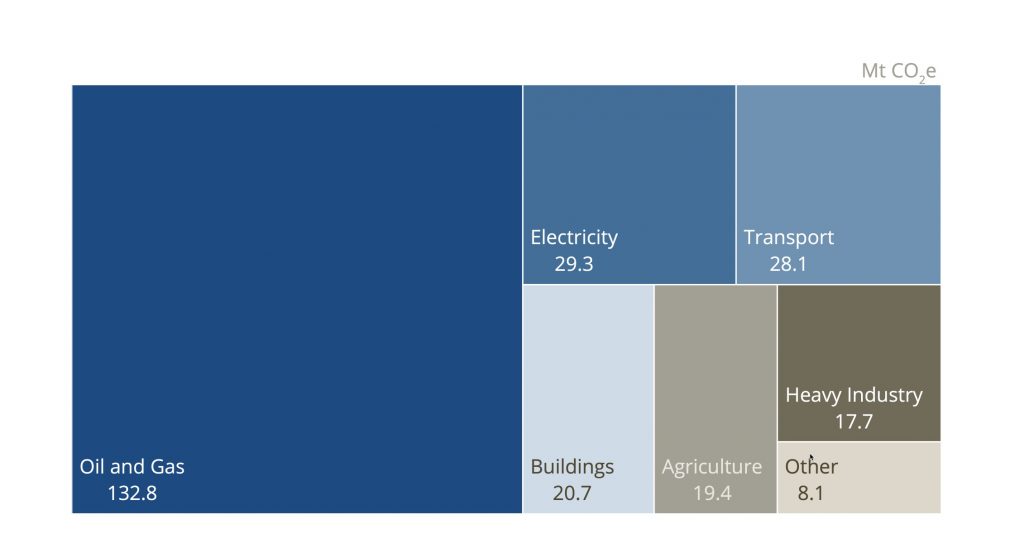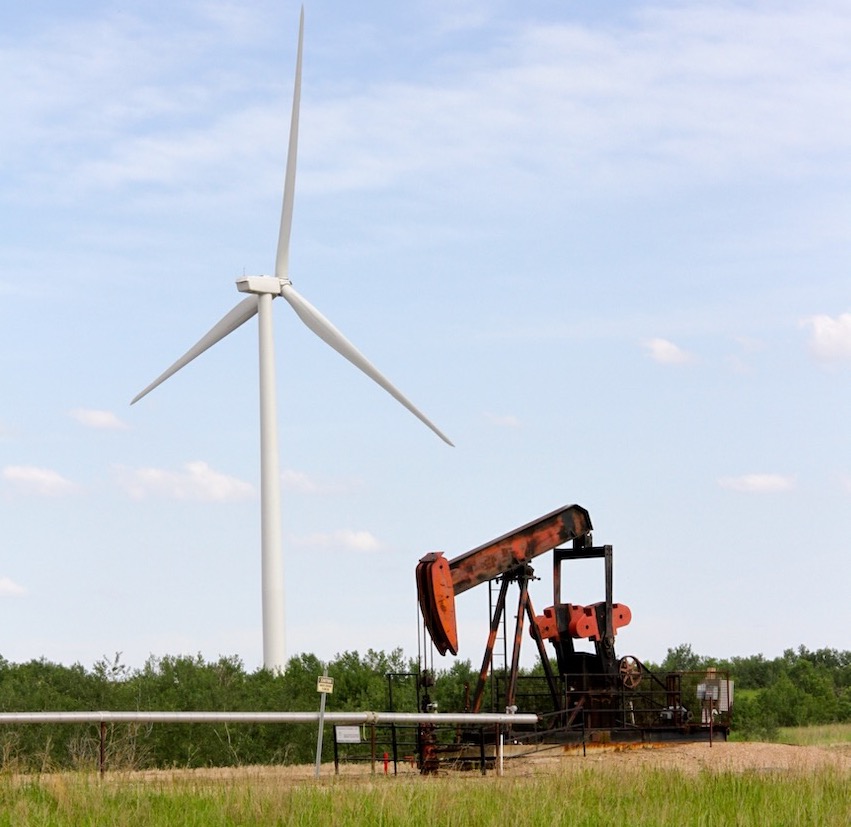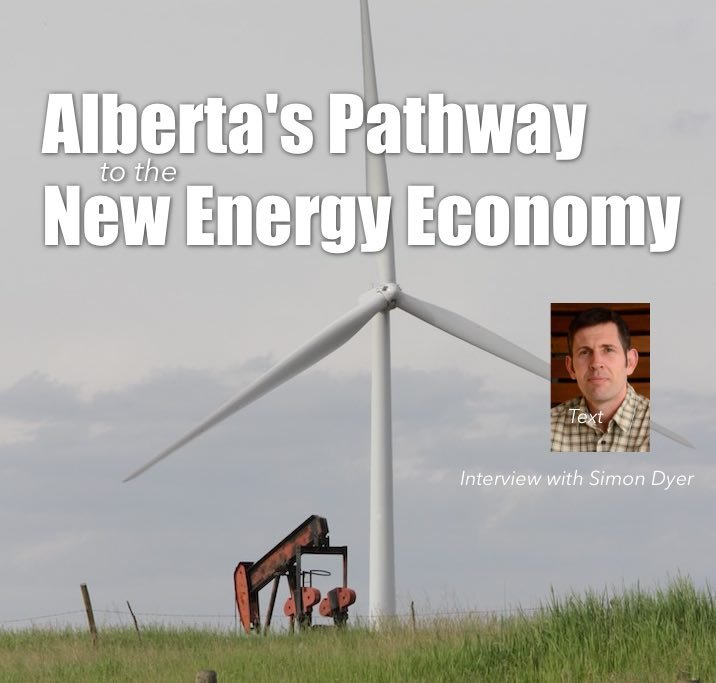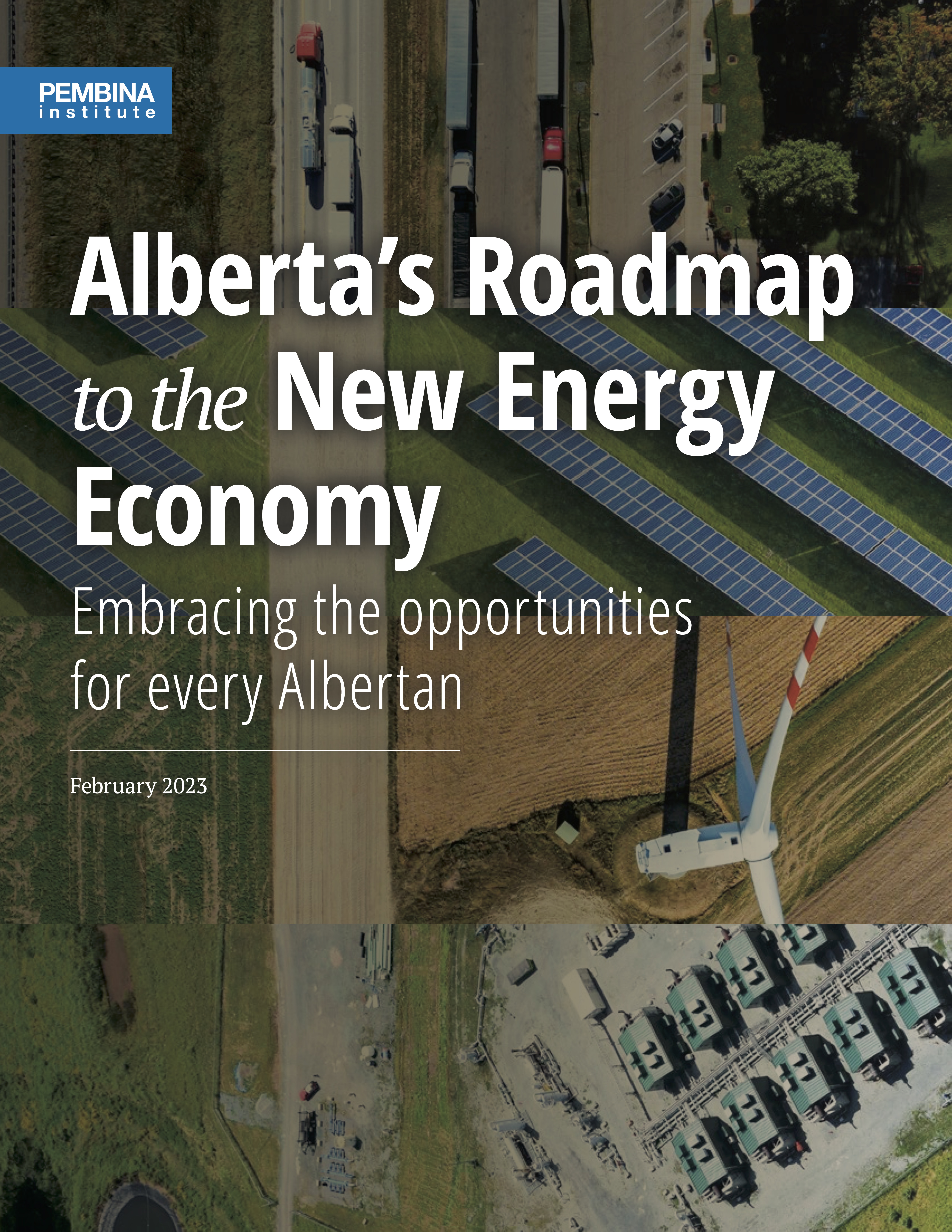What possible good could come from bad-mouthing the clean energy industries under the auspices of “defending the oil and gas industry.” And yet you hear this all the time.
Alberta is the heart of Canada’s oil industry, but it also has among the best renewable energy resources in the country.
The Pembina Institute has released a report that nicely summarizes the challenges facing Alberta and the solutions which aren’t rocket science.
The challenge is Alberta is responsible for 38% of Canada’s greenhouse gas emissions. And 52% of Alberta’s emissions come from the oil and gas industry, 11% come from electricity generation and 11% from transportation.
Bad-mouthing other industries won’t make this go away and as just about every single other jurisdiction is reducing thier own emissions they are going to start looking harder and harder at Alberta.
It’s probably best not to poke them in the eyes.
The Pembina report takes a solutions approach that makes a whole lot of common sense.
“If we’re smart and we want to still play in that what is going to be a declining [oil] market, we better make sure that we have a, a low-cost and a low-carbon product,” says Simon Dyer, deputy executive director of the Pembina Institute.
Dyer says climate policy is often framed as “an attack on the oil and gas industry.”
“It’s actually the opposite. Our only way to compete as an international player on oil and gas is dependent on our ability to reduce emissions and reduce emissions very quickly.”

Simon Dyer author of a new roadmap says Alberta can have its cake and eat it too, by reducing emissions in oil and gas and embracing the economic potential of clean energy, green buildings and clean transportation.
Alberta can be a New Energy powerhouse
In a nutshell, the report says Alberta can be a powerhouse in New Energy Economy if it does two things: 1. Reduce emissions associated with oil and gas; and 2. Embrace clean energy, green buildings and electric vehicles as economic opportunities.
A prudent politician would attempt to dominate both non-renewable and renewable resource sectors.
Report author Simon Dyer says demand for oil is projected to begin declining within the next few years.The way to remain competitive, he says is to reduce emissions from methane, and use carbon capture and storage to reduce emissions associated with oil and gas.
Consider the context of the hundreds of countries, states, provinces and cities and international companies that already have well-established goals of reaching net-zero by between 2040 and 2050. Thanks to Alberta’s oil sands Canada’s oil has a high emissions intensity. If the industry believes in their product then they need to spend the money to reduce emissions and keep it competitive, says Dyer.
Sadly politicians who say they are “defending oil and gas” are actually ignoring the potential of Alberta’s best in Canada renewable energy resources and the incredible economic potential of tapping into planned global investments in clean energy, green buildings and transportation.

Alberta is not going to stop selling oil any time soon. But the market will get tougher and emissions wary provinces, states and countries will demand a cleaner product.
Dyer calls reducing methane emissions and carbon capture and storage an opportunity. It’s economic activity unto itself and it will preserve the value of Alberta’s oil.
The other side of the coin is Alberta’s incredible renewable energy resources. Politicians who claim to be defenders of oil seem to think Alberta needs to berate others who don’t appreciate its oil and the wealth it brings. And unfortunately part of the populist approach also seems to involve underplaying, or in some cases bad-mouthing the clean energy industry.
But hold it, we just confirmed Alberta has the best of those resources too.
New Energy Economy has boundless economic potential
The latest estimates say the industry will invest more than $110 trillion in clean energy between now and 2050. In other words, the potential for participation in the new energy economy is very significant and most of the investments either lead to cheaper energy (renewable energy), savings on utilities (green buildings) or reduced fuel costs (EVs).

Even in the absence of provincial support $3.75 billion worth of new solar and wind projects have been built creating 4,500 jobs due to private companies purchasing clean energy directly.
The job potential is significant but largely undocumented. Renewable energy is producing jobs already, but retrofitting buildings would lead to energy savings for consumers and a bounty of work for electricians, carpenters, insulators, the HVAC industry, roofers, solar installers, and much more.
Alberta has long sought to diversify its economy. But populist politicians seem unable to pull themselves away from portraying either renewables or oil and gas as villains in order to further their political success.
The report says Alberta’s Pathway to the New Energy Economy must be built with an energy industry firing on all cylinders. Or put more simply oil and gas do have a role through the energy transition, but to remain competitive emissions must be reduced in the industry and just like governments spent billions of dollars helping create the oilsands industry, governments must embrace the incredible economic potential of clean energy, green buildings and clean transportation to build the New Energy Economy so Alberta can prosper in the future.


